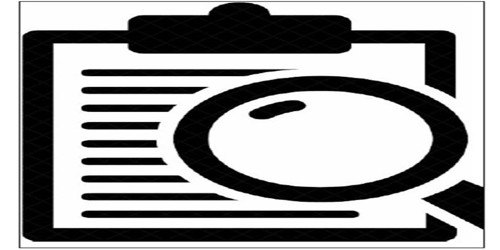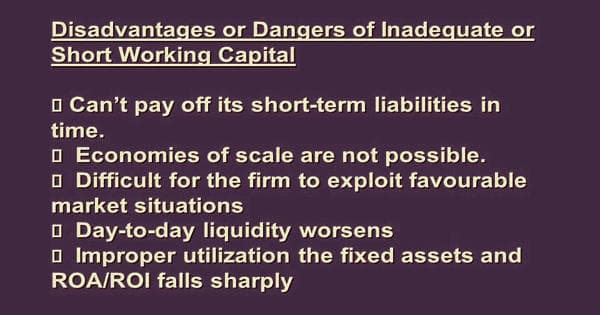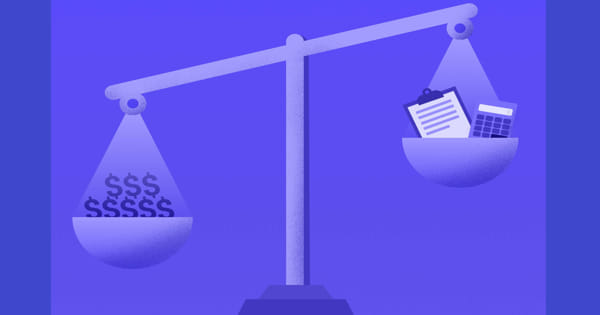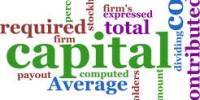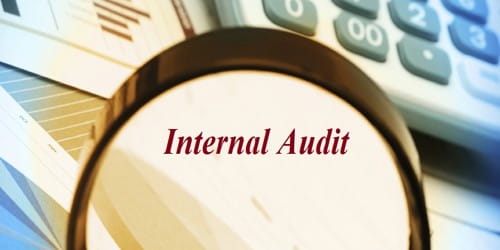Conduct of Auditing Process –
An auditor should conduct an audit of a business organization as follows:
(1) Preparing Audit Program
Being prepared before a scheduled audit is essential as it will simplify and make the whole audit process effective. An auditor should prepare an audit program to make work of audit effective and efficient. Program refers to the system, procedures, and order so as to see the performance of activities smoothly. This will significantly improve the efficiency of the audit process will also reduce downtime. While preparing an audit program, an auditor should determine the following things:
- Observation
- Interview
- Documentation
- Test and check
- Analysis.
(2) Review of Internal Control System –
The effective and efficient internal control system ensures correct accounting. The effectiveness of the internal control system determines the system of audit. If internal control is effective, an auditor can apply test check, otherwise s/he needs to check in detail. Thus, an auditor should review the internal control system to assess its effectiveness.
(3) Conducting Tests
Before proving the truth and fairness of the results of the income statement and balance sheet presented by an accountant, an auditor needs to test various facts. Such facts are given below
- Collection, use, and recording of evidence
Auditing is made on the basis of evidence, so an auditor should collect physical evidence, records, information, etc. Such collected documents should be analyzed. While testing evidence, an auditor should consider its reliability and sufficiency.
- Field visit and inspection
An auditor can visit the field to test the reliability of records and evidence. He can hold discussions with the concerned parties. Facts which are found during field visit can be incorporated in the report.
- Discussion and interview
The duty of an auditor is not only to detect frauds but also to find out its weakness and suggest the client improve such errors and frauds. So, an auditor should hold open discussion and interview so that the facts found during such discussion can be incorporated in the report. Thus, an auditor has to note down such points serially.
- Data collection and working paper management
An auditor should collect data from reliable sources which are essential for the purpose of audit. Working paper management is very important to make an audit reliable. The working paper refers to the classification and recording of particulars, details, and information found during the course of audit.
- Comparative study and analysis
An auditor should compare the statement of a client to a similar type of organization or statement of previous years. So that an auditor can find out whether the progress has been made or not. An auditor should rectify the achievement with the objective so that s/he can analyze whether objectives have been achieved or not.
(4) Developing Audit Points
All findings should be reported in an easy to read audit report. After performing all the above functions, an auditor should develop points where special attention is to be given while conducting an audit which makes work of audit easier, simpler and more reliable.
(5) Conducting Audit
Based on the scope and objective of the auditor, the audit shall choose any methodology or combination of all to carry the internal audit. An auditor should check the books of accounts and information so that s/he can express an opinion in the report. You need to ensure the audit is conducted in a fair and unbiased manner.
Information Source:
